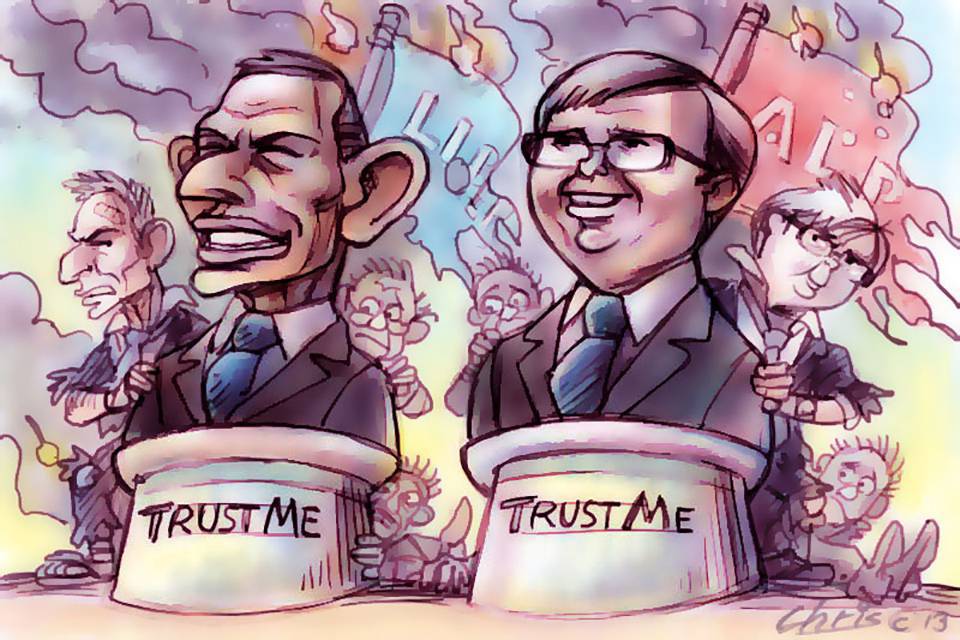EXPLAINER-What is happening in Senegal and could tensions escalate?
Senegalese President Macky Sall has promised to schedule a presidential election as soon as possible, accepting a court judgement that the postponement of the Feb. 25 poll to December was unconstitutional. The opposition and foreign powers had urged the authorities to comply with the constitutional council's ruling.

Senegalese President Macky Sall has promised to schedule a presidential election as soon as possible, accepting a court judgement that the postponement of the Feb. 25 poll to December was unconstitutional.
The opposition and foreign powers had urged the authorities to comply with the constitutional council's ruling. The move to do so is likely to ease tensions and allay fears of authoritarian overreach in one of coup-hit West Africa's more stable democracies. WHY DID PRESIDENT MACKY SALL CALL FOR A POSTPONEMENT?
Sall, 62, who is not standing for re-election and has reached the constitutional limit of two terms in power, said he delayed the poll due to a dispute over the candidate list and alleged corruption within the constitutional council that approved it. The council has denied the accusations. "These troubled conditions could seriously undermine the credibility of the ballot by sowing the seeds of pre- and post-electoral disputes," he said in a surprise speech to the nation hours before official campaigning was meant to start on Feb. 4.
The opposition Senegalese Democratic Party (PDS), whose candidate was excluded from the final list because of dual nationality issues, supported the delay and proposed a postponement bill in parliament before Sall's address. WHAT DO HIS OPPONENTS SAY?
Other opposition and civil society groups have angrily rejected the postponement, with some accusing Sall of orchestrating an "institutional coup" to extend his tenure. Several of the 20 presidential candidates and a group of opposition lawmakers filed legal challenges to the delay to the constitutional council.
WHY IS THE DELAY SIGNIFICANT? Senegal had never delayed a presidential vote. Its four largely peaceful transitions of power via the ballot box since independence from France in 1960 built up its reputation as one of West Africa's strongest democracies.
The abrupt postponement dismayed those who believed Senegal would stick to a standard electoral course that has become increasingly uncommon in West Africa, where military takeovers and constitutional manoeuvring have forced democracy into retreat in many countries in recent years. The Economic Community of West African States, several opposition leaders and western partners urged the authorities to accept the constitutional council's ruling on Feb. 15 that the postponement was unlawful.
WHAT HAPPENS NEXT? In his statement accepting the council's ruling, Sall said he would initiate the consultations needed to organise the election as soon as possible.
He did not say what date could be set for the vote, which is scheduled by presidential decree. Some opposition leaders have called for it to be held before April 2, when Sall's mandate expires. (Writing by Anait Miridzhanian and Alessandra Prentice; Editing by Bate Felix and Alex Richardson, Kirsten Donovan)
(This story has not been edited by Devdiscourse staff and is auto-generated from a syndicated feed.)










